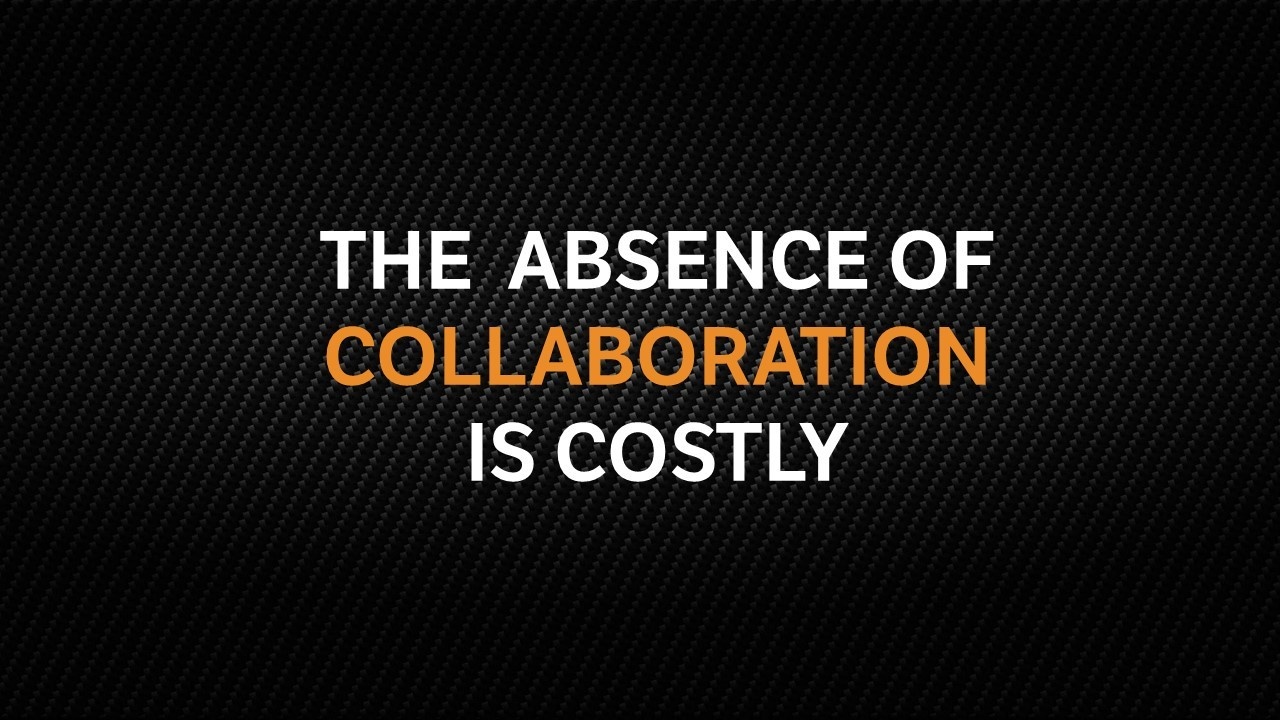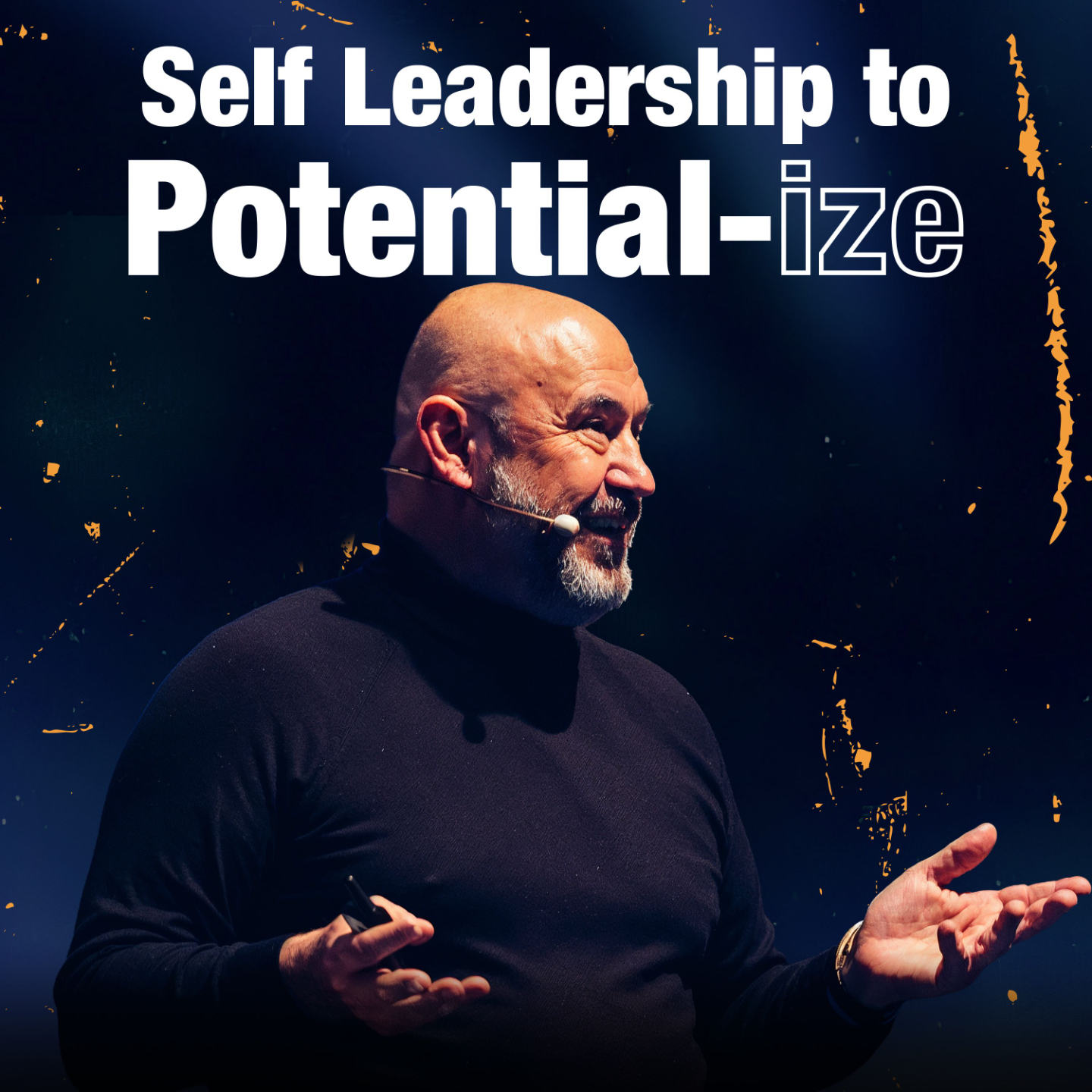Leadership Insight: Why Would We Follow You?
Jul 11, 2023
Friend or Foe? Understanding your Network
Mar 26, 2023
The Absence of Collaboration is Costly
Sep 26, 2022
Leadership Styles for the New Workplace
May 06, 2022
The Best Leadership Book
Apr 20, 2022
The Cost of Speaking Up – Conflict and Communication
Apr 13, 2021
Remote Work, here to stay or part of a Hybrid Model?
Feb 15, 2021
Leadership and the Power of ‘AND’
Oct 12, 2020
Leading Virtual Teams during Crisis
Apr 12, 2020














